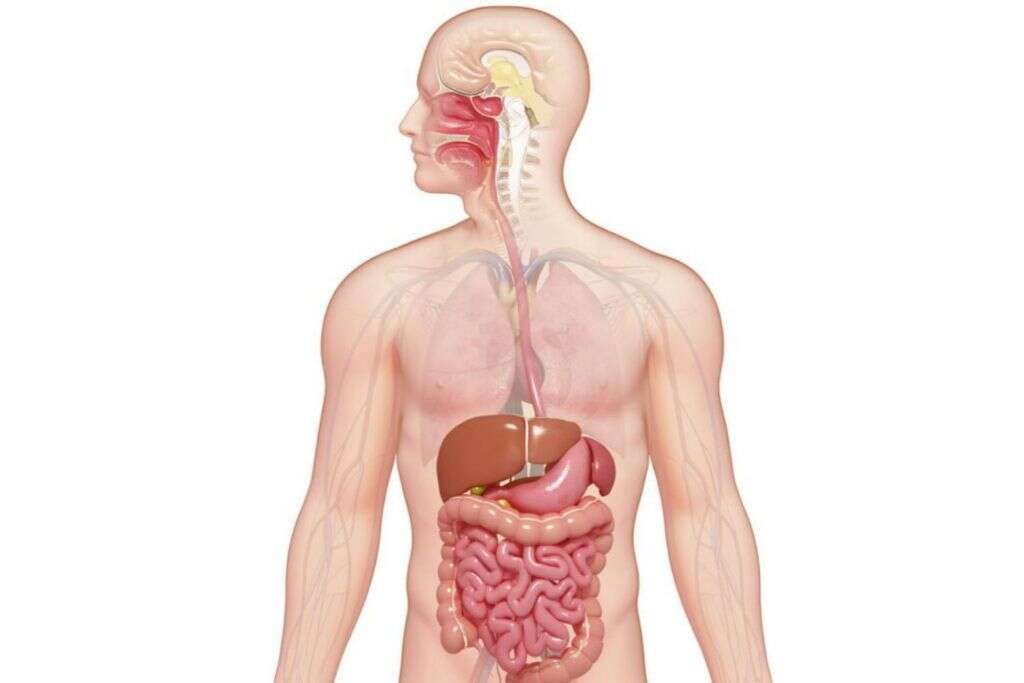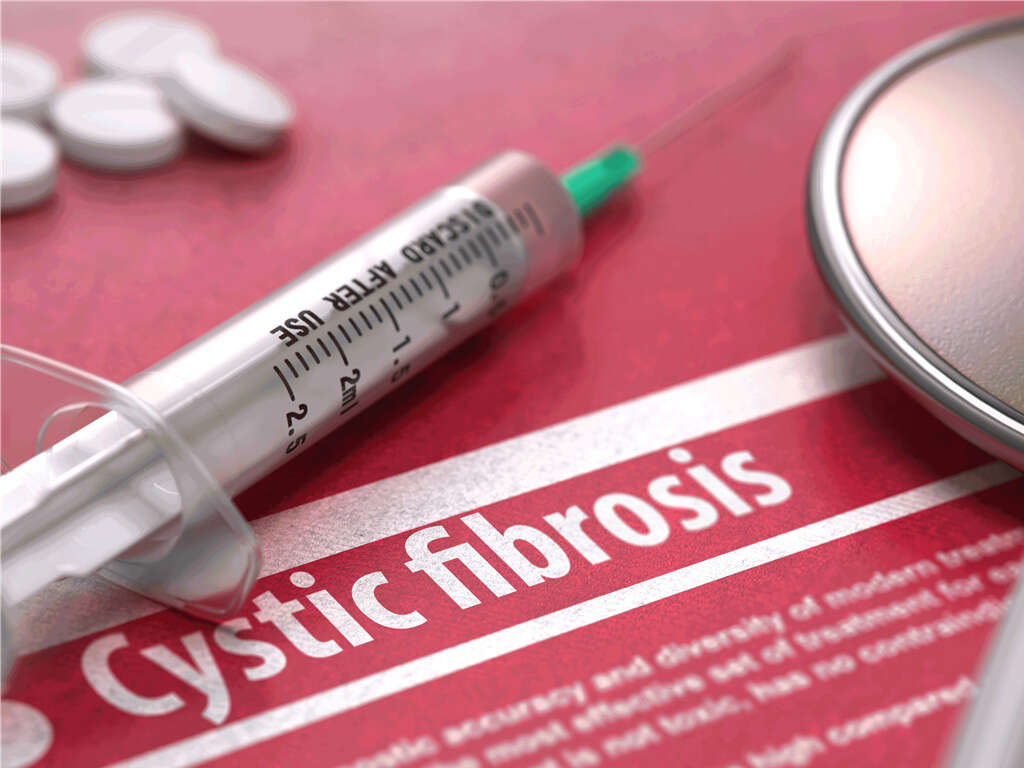What Is Cystic Fibrosis?
3. Digestive Symptoms
As mentioned, cystic fibrosis can also affect the patient’s digestive system. The mucus can block tubes, preventing digestive enzymes from reaching the intestines where they are needed. This will mean the patient is not able to digest their food and absorb nutrients as well as they otherwise would be able to.
Because the patient is unable to get the nutrients they need, they will tend to be rather underweight. Another symptom is that the patient’s stools will be particularly malodorous, and they will have a greasy texture. Cystic fibrosis can also cause severe constipation, and this will sometimes lead to a rectal prolapse.
Advertisement











